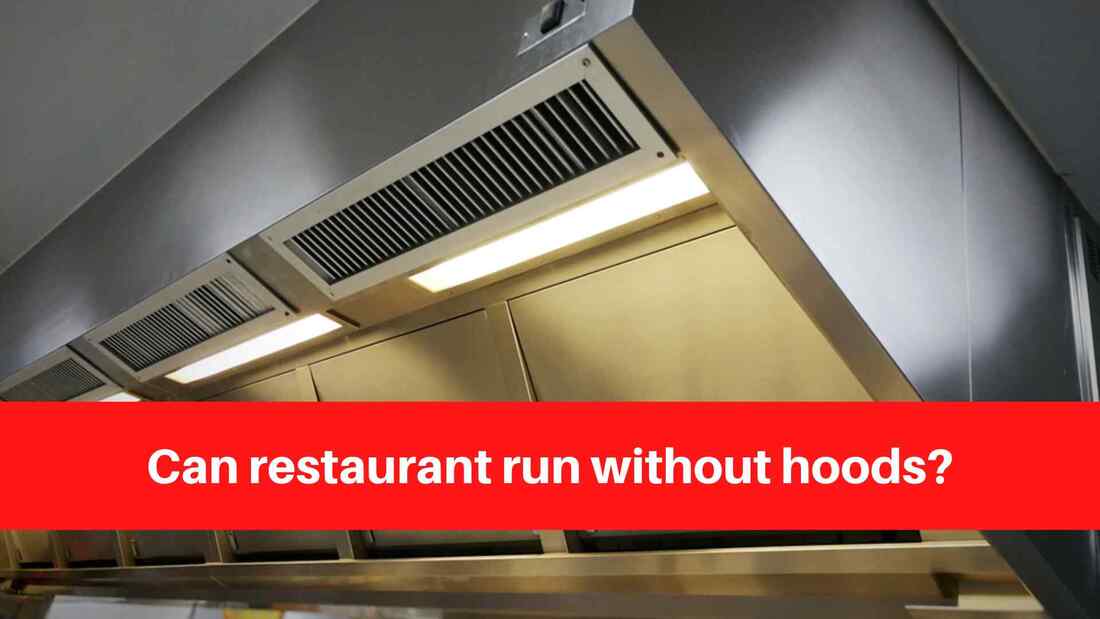|
Do Restaurants Require Hoods?
Running a restaurant can be a difficult task, and one of the most important factors to consider is the installation of a hood system. A hood system is an important piece of equipment for removing smoke, heat, and grease vapors from the cooking area. But the question is whether a restaurant can function without a hood. The Value of Hoods in Restaurants If you own a restaurant and cook food that emits smoke or grease vapors, you must install a hood system. Hoods are designed to collect and remove smoke, steam, and cooking fumes from the kitchen, which can be harmful to the health and environment of your employees. Hoods also aid in the cooling and comfort of the kitchen, lowering the risk of heat exhaustion and other heat-related illnesses. Exemptions and Regulations for Hood Most states require restaurants to install hood systems, and failure to do so can result in fines or even restaurant closure. There are, however, some exceptions for specific types of businesses. Some states, for example, permit bakeries to operate without hoods if they do not emit smoke or grease vapors. It is important to note that even if your restaurant is exempt from installing a hood, it is still recommended that one be installed. Hoods help to eliminate unwanted fumes in the kitchen and make the workplace more comfortable for your employees. They also aid in the reduction of grease buildup on your walls and ceilings, which can be difficult to clean and pose a fire hazard. To summarize, if you own a restaurant and cook food that emits smoke or grease vapors, you must install a hood system. Even if your restaurant is exempt from hood installation, having one installed is still recommended to create a safer and more comfortable working environment. Failure to follow hood regulations can result in large fines or the closure of your business. Comments are closed.
|
Archives
April 2023
Categories |
- Home
- Exhaust Cleaning
-
Hood Cleaning
- Hood Cleaning Service
- Kitchen Hood Cleaning Near Me
- Restaurants Hood Cleaning
- Kitchen Hood Cleaning
- Hood Cleaner
- Commercial Kitchen Hood Cleaning
- Restaurant Hood Cleaning Near Me
- Commercial Hood Cleaning
- Services for Hood Cleaning
- Food Truck Hood Cleaning
- Toronto Hood Cleaning Services
- Toronto Restaurant Equipment Cleaning
- Toronto Fire Prevention Cleaning & Degreasing
- Toronto Commercial Restaurant Kitchen Hood & Exhaust Cleaning
- Toronto Restaurant Exhaust System Cleaning
- Toronto Hospital and Long Term Care Homes Commercial Hood & Exhaust Cleaning
- Toronto Commercial Hood Cleaning
- Contact
- Institutions
- Hood Cleaning Toronto Blog
|
HOOD CLEANING TORONTO
647-931-1260 Toronto Ontario M5N 1M9 Hours of Operation Monday to Saturday 8:00 am - 6:00 pm https://hoodcleaningtoronto.ca |


 RSS Feed
RSS Feed

